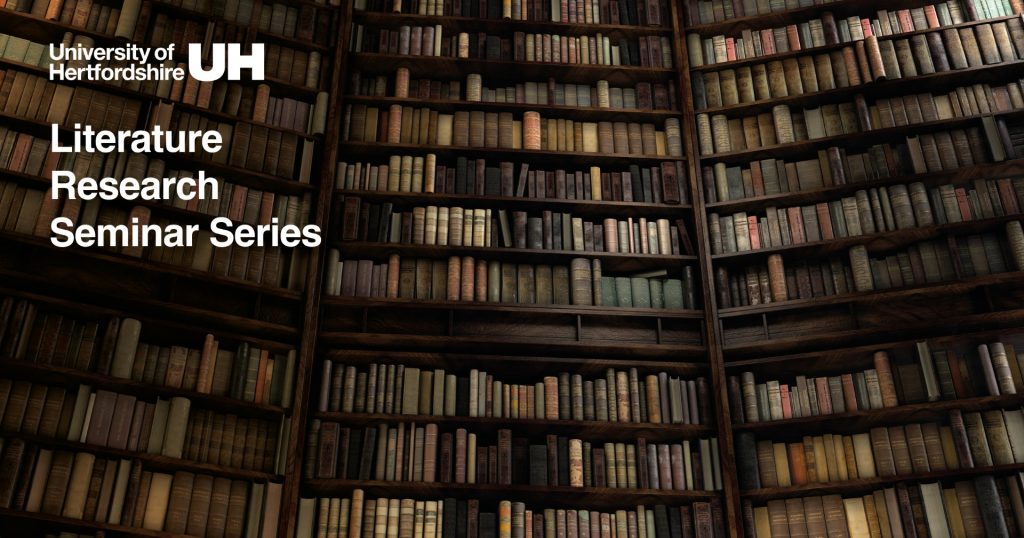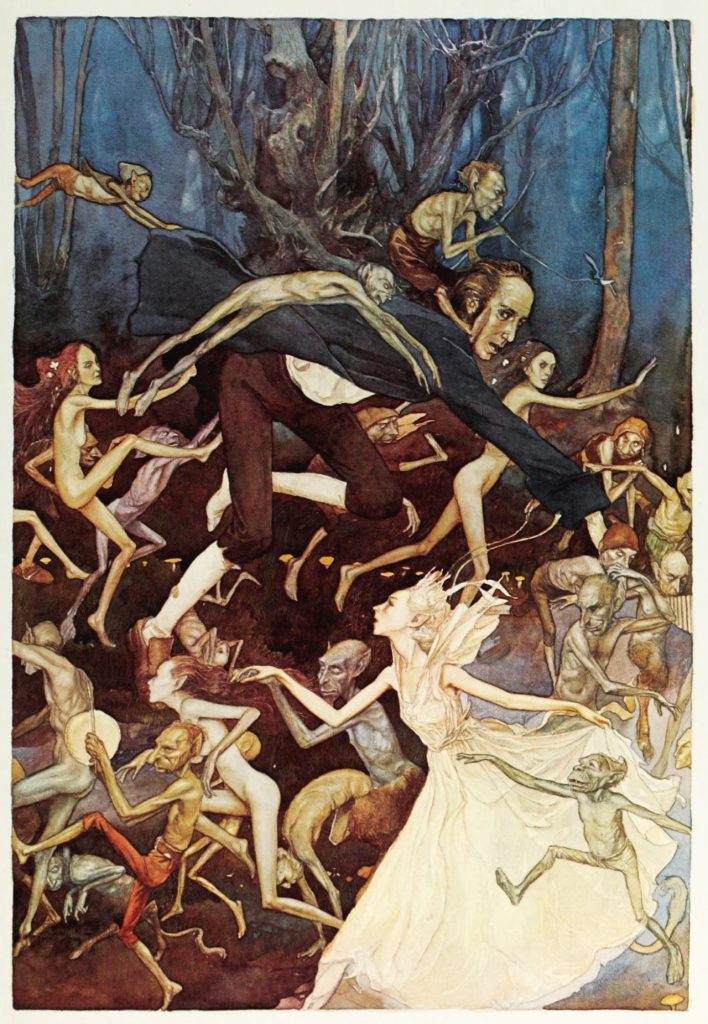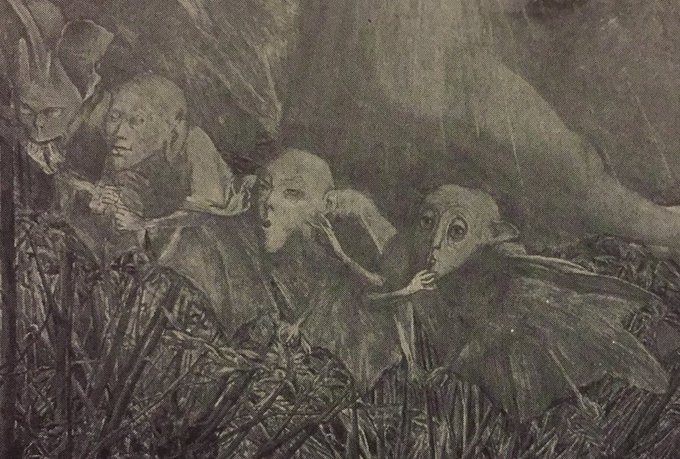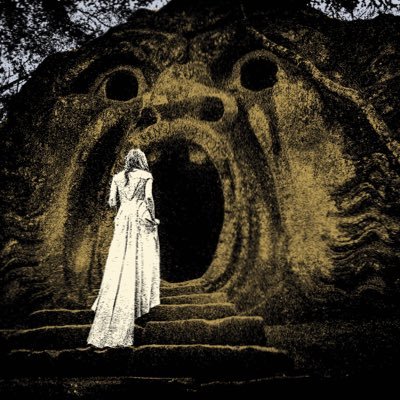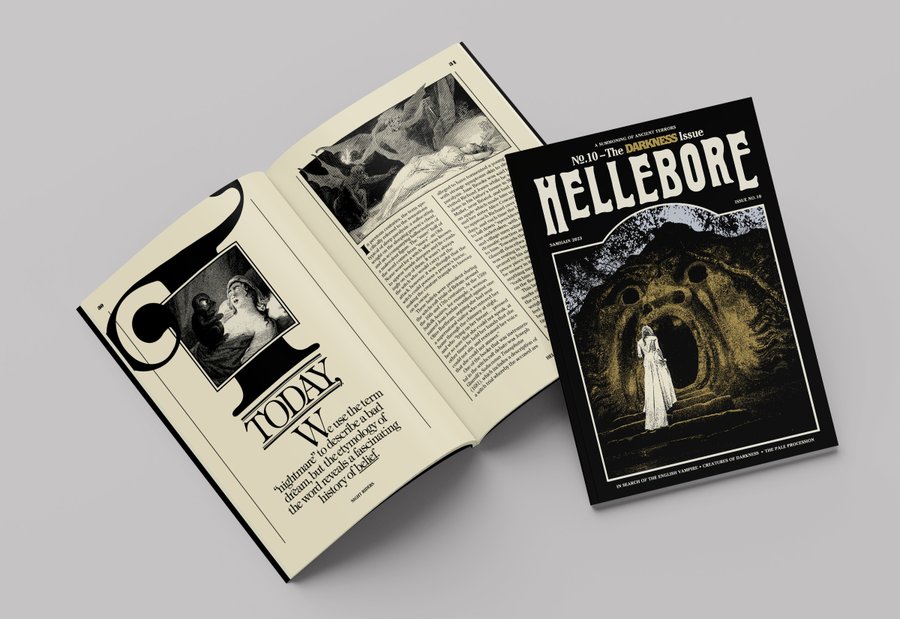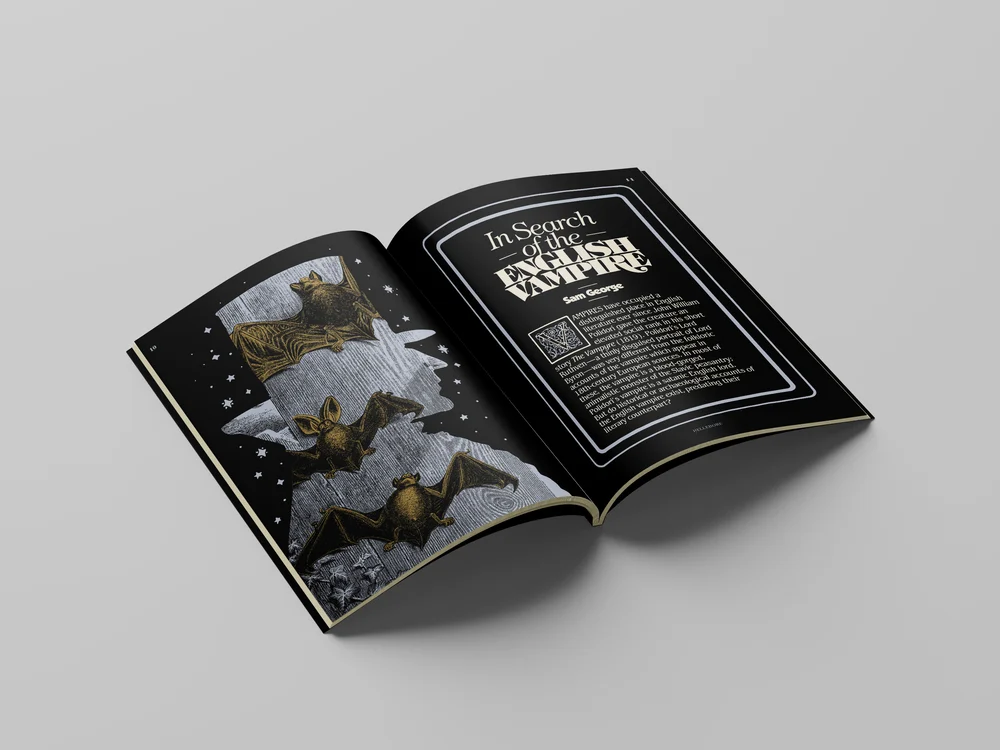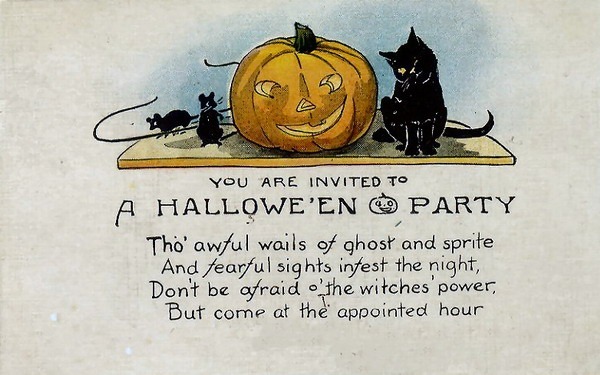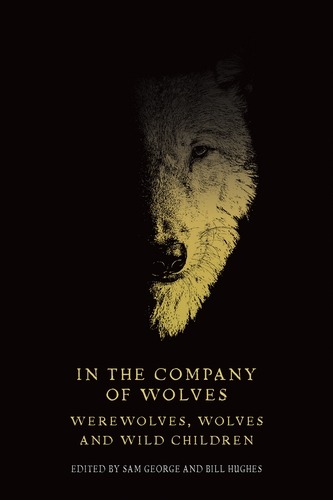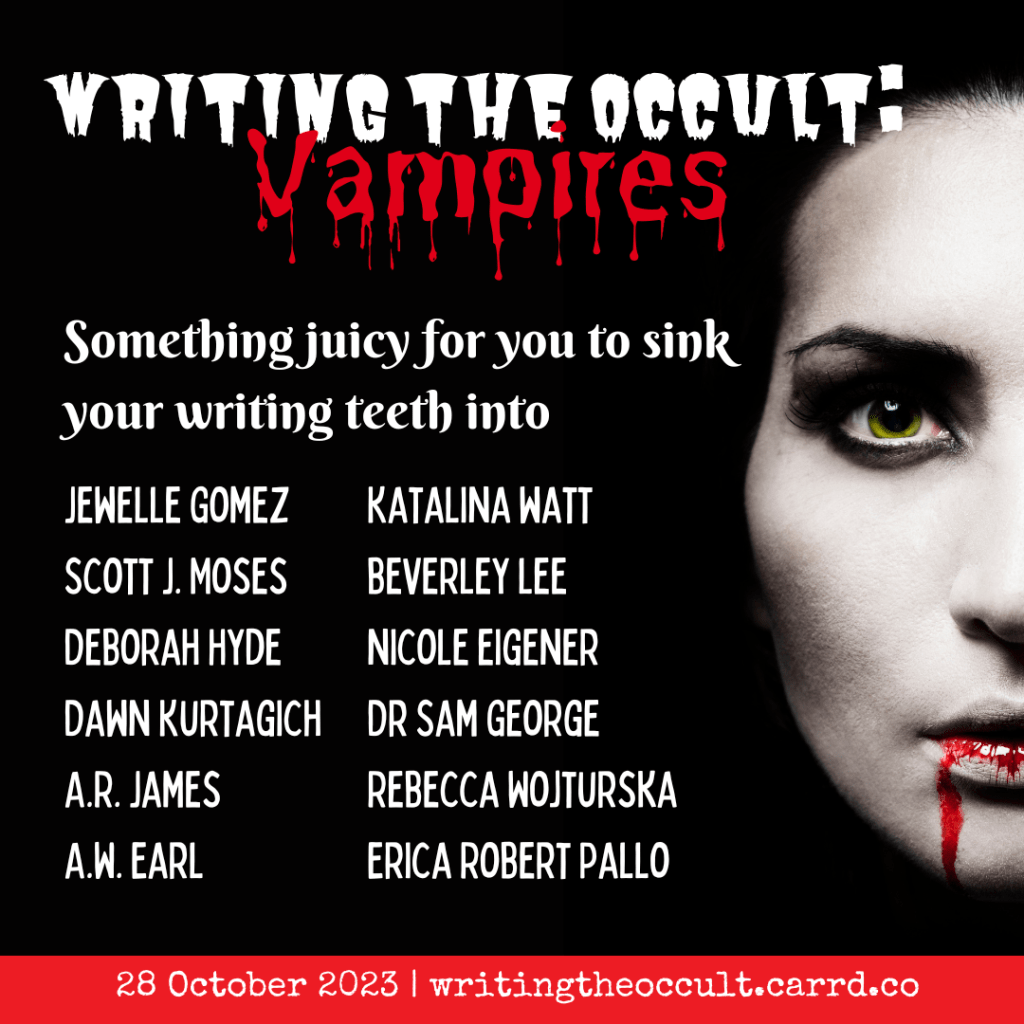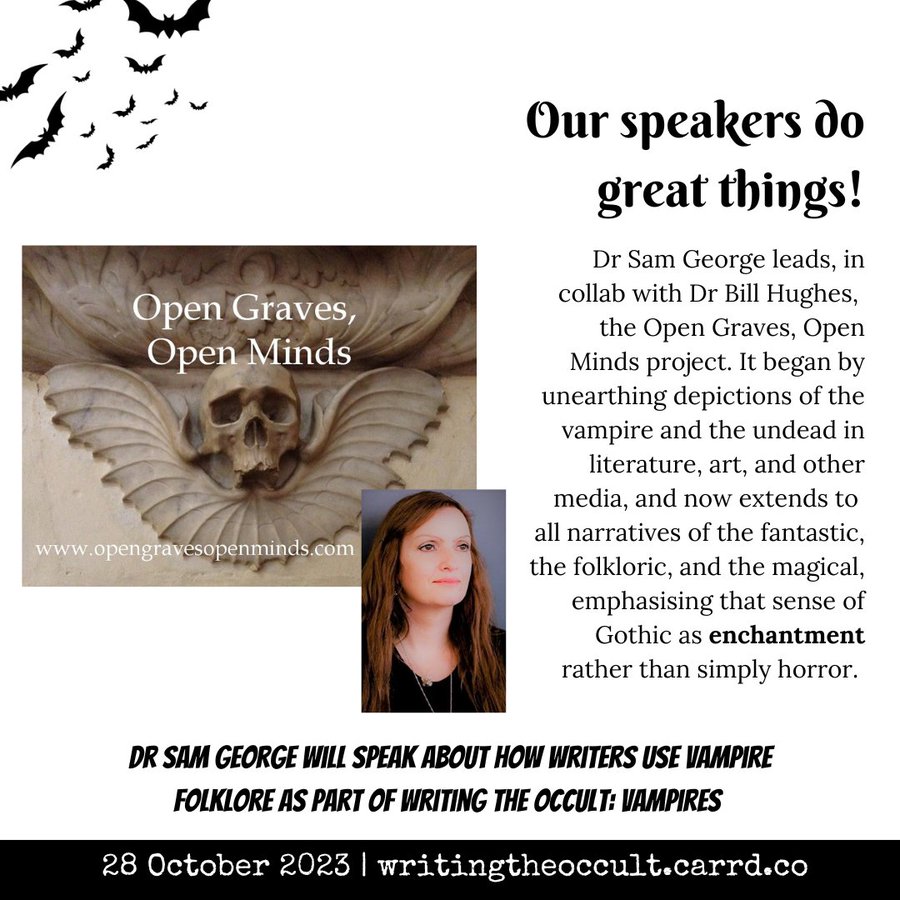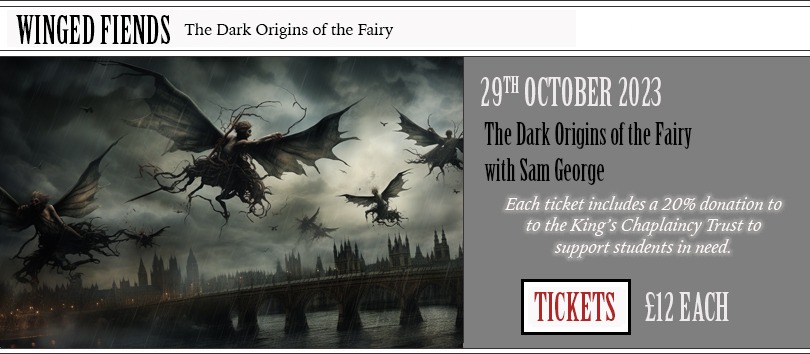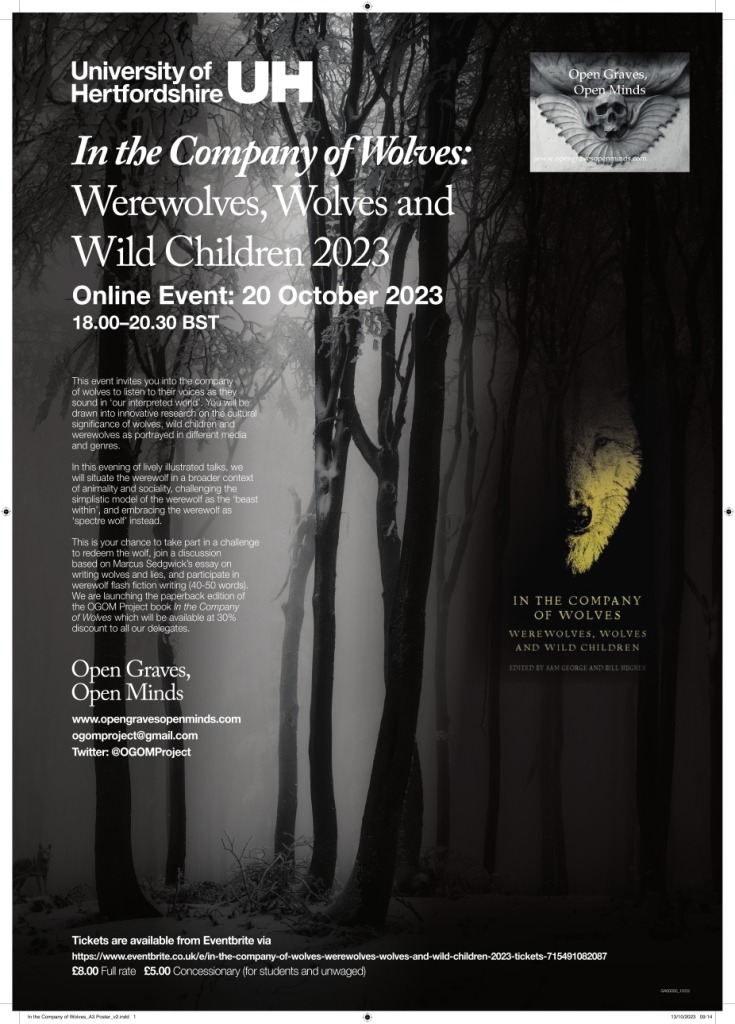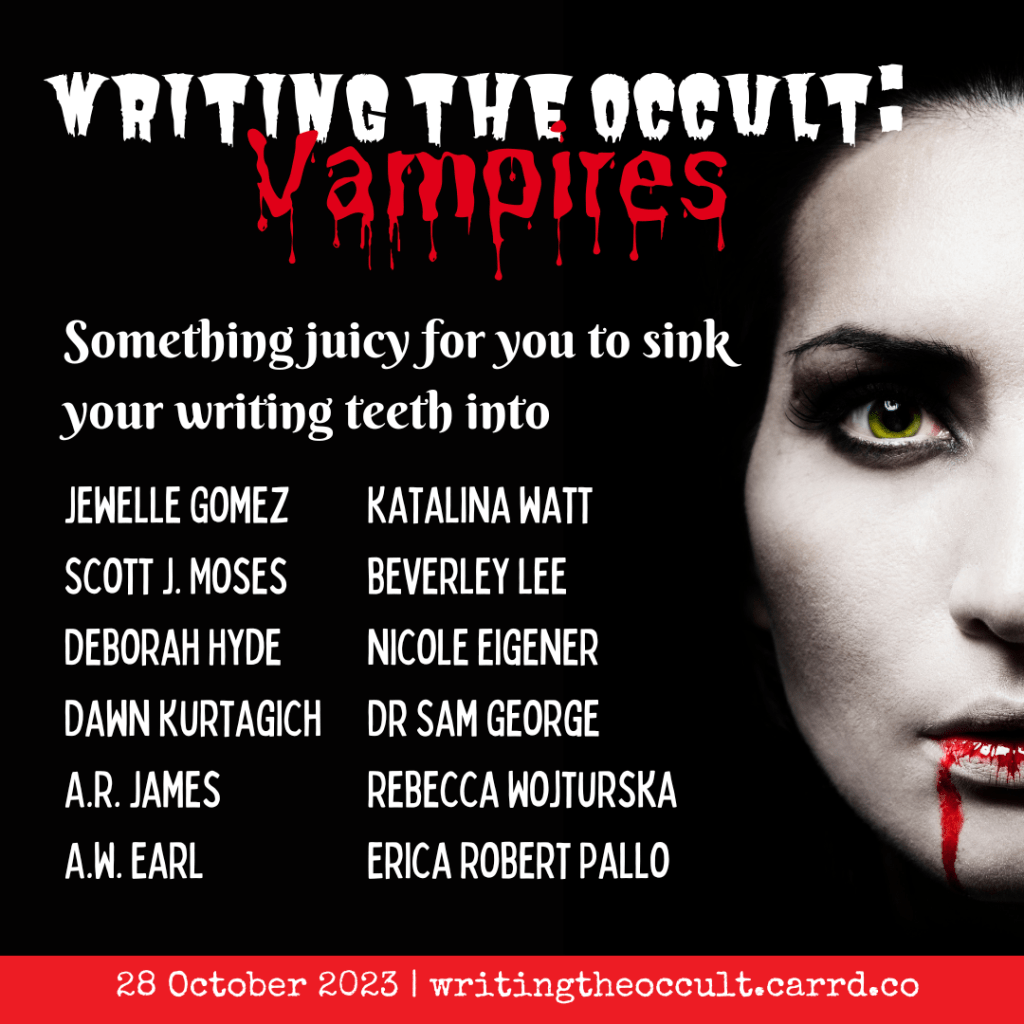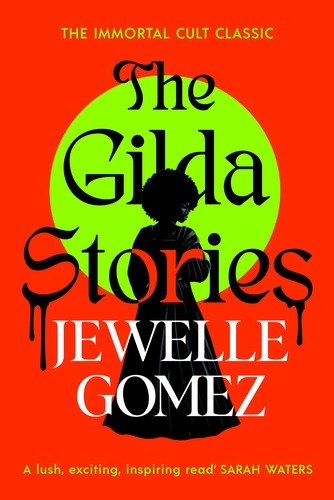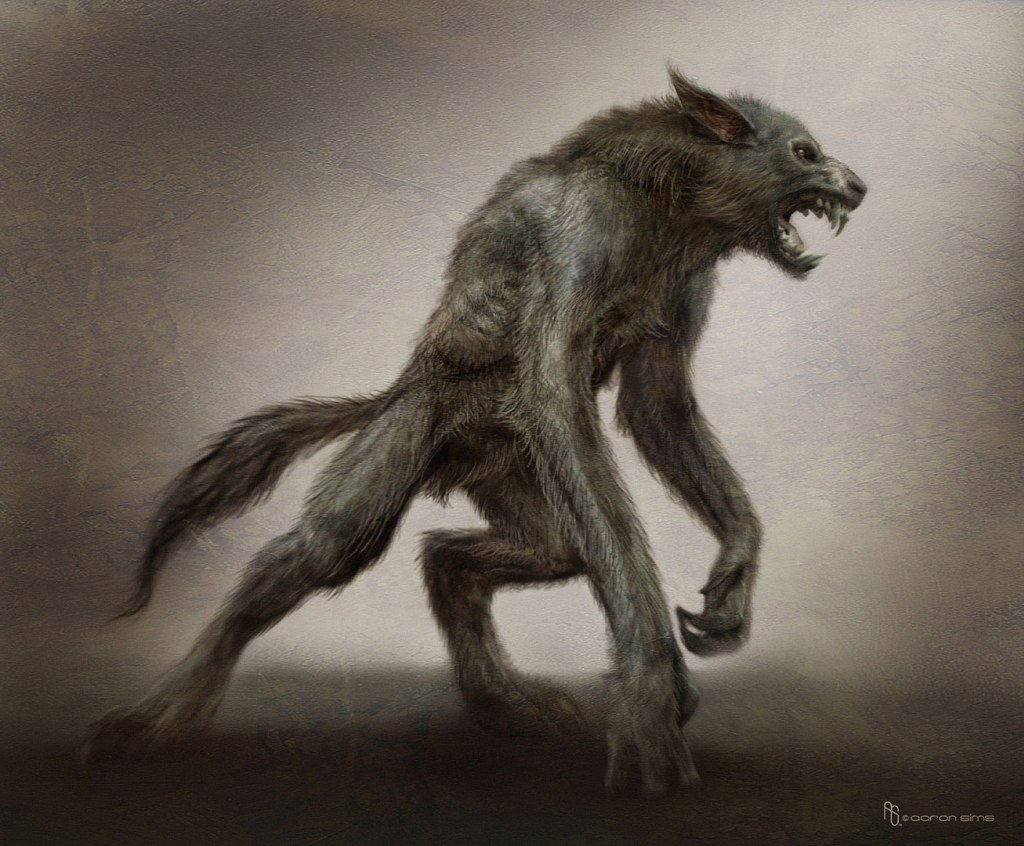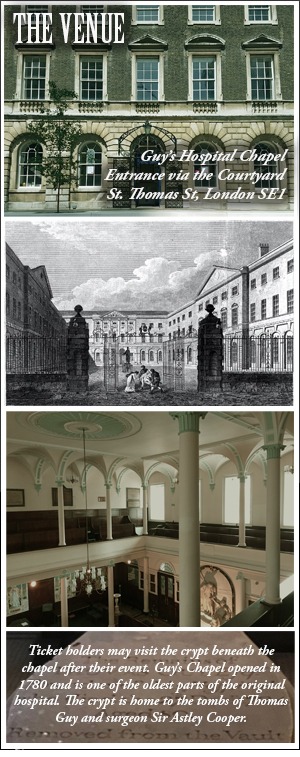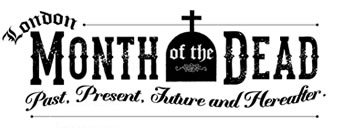London Month of the Dead, is an annual festival of arts to inform, entertain and provoke on the subject of death and the city; it is now a decade old. This year’s grand calendar boasts a haunting array of over 60 talks, walks, workshops, and performances, each meticulously curated to ensnare hearts and minds alike. Placed throughout the hidden crevices of this ancient metropolis, you will be entertained by an enigmatic cadre of writers, artists, historians, experts, academics, practitioners, and performers—bearers of secrets and whispers from the shadowy depths.
Ever mindful of the passage of life’s ephemeral moments, this festival donates a solemn tribute of 20% of their ticket revenue to the very cemeteries and venues that embrace these spectral affairs. In this solemn gesture, they honour the spirits that linger, immortalising the places that embrace the duality of existence.
Access the full London Month of the Dead Programme for 2023. Be quick, if you are booking as events are selling out fast.
I’m excited to reveal that I will be speaking at the festival for the second time. This year I am presenting on ‘Winged Fiends: The Dark Origins of the Fairy’ on 29th October. The setting is phenomenal and ticket holders may visit the crypt below the chapel after the event
Tickets also include a gin cocktail & a 20% donation to the King’s Chaplaincy Trust. Follow this link to book
Here’s an abstract of my talk. I’d love to see OGOMER’S there. I hope some of you can make it.
Sam George: Winged Fiends: The dark origins of the fairy
The prevalent innocent idea of fairyland is far from the shadowy realms of the dead, and yet there are many resemblances between them. Despite their wands and glitter, fairies have a dark history, and surprisingly gothic credentials. In The Secret Commonwealth of Elves, Fauns and Fairies (1682), fairy minister and folklorist Robert Kirk argued that fairies are ‘the dead’, or of ‘of a middle nature betwixt man and angels’. This association is particularly prominent in Celtic lore. Writing in 1887, Lady Jane Wilde popularised the Irish belief that fairies are ‘fallen angels […] the devil gives to these knowledge and power and sends them on earth where they work much evil’.
It was widely believed in society at that time that fairies inhabited a shadowy spirit world. However, when Peter Pan debuted in the early 1900s with its prominent character of Tinker Bell, fairies began to lose their malevolence and became increasingly confined to the nursery. This is far from the notion of dark fairies with their shadowy history in folklore. Folkloric fairies steal children, drive people insane, blight cattle and crops – and drink human blood. Barrie, of course, was aware of their dark side. Despite the fairy dust and glamour, Tinker Bell is dangerous and vengeful like a deadly fairy temptress. At one point in the story, she even threatens to kill Wendy.
In folklore, fairies are often a demonic or undead force; one which humans need to seek protection against. As folklorist Katharine Briggs has noted in her Dictionary of Fairies. What is more, Fairyland has a hunger for human blood. This links fairies to the vengeful dead and to vampires. Diane Purkiss’s history of fairies, includes a Scottish Highland legend which warns that you must bring water into the house at night, so the fairies don’t quench their thirst with your blood. Very old fairies, like vampires, were said to wrinkle and dry up without fresh blood. The Baobhan Sith are vampiric Scottish fairies. These beautiful green banshees have hooves instead of feet, they dance with and exhaust their male victims then tear them to pieces. Like many fairies, they can be killed with iron. Dearg-Due are Irish vampiric fairies or “Red Blood Suckers”. They were thought to be influential on Sheridan Le Fanu’s female vampire tale Carmilla (1871).
Halloween is supposedly a time when the veil between our world and the shadow world is extremely thin. A time when encounters between humans and fairies are likely. This talk offers a warning to the curious, if you go seeking winged friends, they might not be as benevolent as you think!
